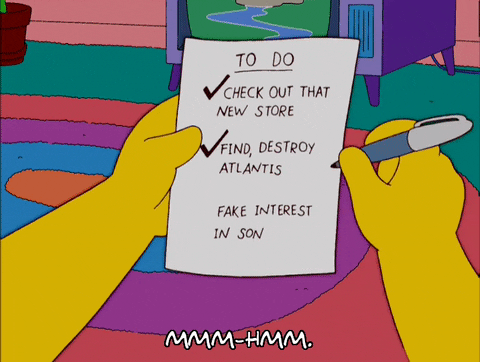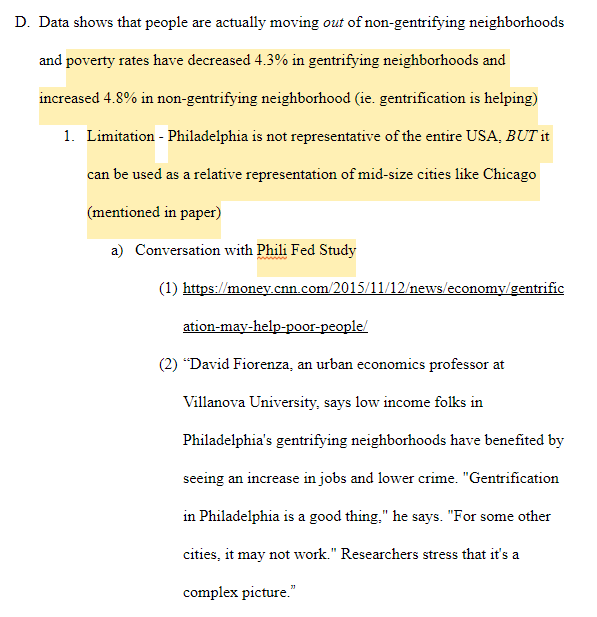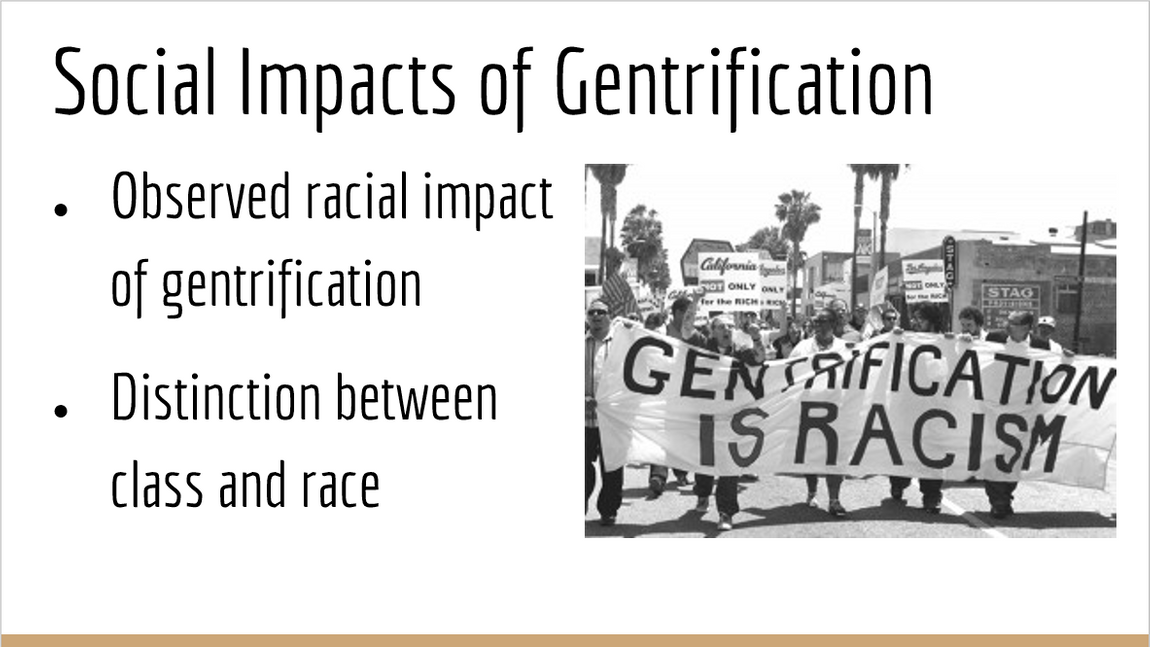How Can I Get a 5 in AP Seminar?
6 min read•july 11, 2024
Brandon Wu
AP Seminar 💬
13 resourcesSee Units
Yo what's poppin! 🍿 You're signed up for Seminar and happened to stumble on this post, wondering how you can score the coveted 5️⃣! Well, you're definitely in the right place.
As you probably know, AP Seminar is a course with just about zero content. Instead, the class focuses on skills like writing, presenting, and research to build arguments and analyze information in ways that other high school classes, even your English classes, may not. Because there is no real "content," and because AP Capstone is two classes, AP Seminar can be a super intimidating course.
However, the course is incredibly doable, and the vast majority of students pass. In 2020, approximately 81% of AP Seminar students passed with a three or higher! So how do you get a 5?
Some tips to get a 5
1. Time 👏 Management 👏
A great piece of advice for anyone in any AP class, but especially those in AP Seminar, is to get a hold onto a time management system. I'm not saying you have to live in planner-land and start time blocking every minute of your day (though for those people, props, y'all are incredible), but setting up a time management plan will make your life so much easier.
As one past student puts it:
Please don’t procrastinate. The last thing you want to be doing the week before the paper is due is...trying to figure out where to start with your paper. Start early so that you still have time to do edits, reread your paper, and have enough time to put your best work forward. —Charly Castillo
In AP Seminar, you're going to have deadline after deadline after deadline. Whether these are research deadlines in which you need to find sources, annotate them, and write annotated bibliographies, or outline deadlines (we'll get to outlines in the next section), or straight parts of your paper, deadlines will rule your life. 😐
Therefore, you need to keep your time management working and put yourself on some schedule because the due dates you'll be facing build on one another.

Keep yourself organized to be successful in Seminar! Image Courtesy of GIPHY
2. Outlining Your Essays Before Writing
In AP Seminar, you'll write two main papers: your IRR (Individual Research Report) and your IWA (Individual Written Argument). While it may seem tempting to simply do your research and dive straight into writing the essay, outlining is such an important part of the writing process! It will make writing your paper easier.
Before you even think about starting a paper or even simply a body paragraph, outline it! There are two major types of outlines: the broad outline and the essay outline.
The first of the two is arguably the easiest; you can throw together a broad outline pretty quickly if you have an idea of what your major argument is and the points you want to make. ✍️
Broad Outline
To create a broad outline, you want to remember the structure that most of the works you read in Seminar will have: ACE.
ACE stands for:
- Argument
- Claims
- Evidence
In your essays, regardless of if it's the IRR or IWA, you will follow this structure. In writing your outline, first set up your paragraphs, typically an intro, body paragraphs, and a conclusion.
You can simply title your intro and conclusion "intro" or "conclusion" because they don't have a "topic" per se, but each body paragraph should represent a claim that supports your argument.
These major bullets represent your broad outline - that is, what topics are you going to cover and in what order? Essentially, a broad outline designs your line of reasoning, an incredibly important concept in any argumentative piece of writing. 📝
Essay Outline
You can use your broad outline as a foundation to write the second type of outline: a detailed essay outline. This not only means referencing your evidence, but putting direct quotes, charts, citations, and explanations in outline format.
Essentially, your detailed outline forces you to write your essay mentally before and get most of the mental grunt work out of the way. For example, here's a snippet from my detailed outline of my IWA from the 2018-19 school year:

This is an example of a detailed/essay outline for Seminar. Image Courtesy of Author
Outlining is an incredibly useful tool that will follow you even beyond Seminar into Research and even just your ordinary papers.
3. Use Your Peers as Editors
AP Seminar is unique in the fact that, for the most part, you can choose your topics, whether in a group or by yourself. In addition, since your teacher is not allowed to help you, your classmates should become a HUGE asset to you when writing. ✅
As a former AP Seminar student brilliantly notes:
Work with your partners/peers when you can, even if your papers aren't the same! —Dylan Black
Peer editing is an INCREDIBLY useful tool because not only do you get editing done on your paper like normal, but your peers will also know the rubric for your essays. You'll l have to do two presentations along with your papers, one with a group (your TMP, or Team Multimedia Presentation) and one alone (your IMP, or Individual Multimedia Presentation). These presentations will have information from your paper, so the presentation's actual creation is rarely the difficult part, rather the presenting part is., so they can give individualized advice on what to improve.

Make sure you're getting feedback from people other than yourself! Image Courtesy of GIPHY
4. Practicing Presentations
You'll have to do two presentations along with your papers, one with a group (your TMP, or Team Multimedia Presentation) and one alone (your IMP, or Individual Multimedia Presentation). These presentations will have information from your paper, so the presentation's actual creation is rarely the difficult part, rather the presenting part is.
You may have done presentations in other classes, but in AP Seminar, your presentation skills are part of the rubric, so it's crucial for you to take time to make your presentation engaging and well presented. 📊
Here are your goals when designing your presentation:
- Clear and presentable design
- Readable text
- Engagement from audience
To hit these goals, you have to explicitly make choices regarding slide design (such as color schemes, fonts, and more)! The number 1️⃣ issue in many slides is too much text. You should not have to put an absurd amount of text on a slide, rather only the major points you will hit on; the rest is for you to memorize or have on notes.
See if you can notice the differences in these two slides:

Here's an example of a well-designed Seminar slide. Image Courtesy of Author

This is a Seminar slide that could use some work. Image Courtesy of PCWorld
Furthermore, in your actual presentation, a great way to earn some easy points is to practice and prepare. While this doesn't necessarily mean building out a full-blown script and memorizing it, making sure you know your points and specific details like statistics will make your presentation that much better.
Think of it like this, when you're watching a presentation, you may not notice that a presenter is doing something right, but you will notice if something's wrong. Small things like posture, eye contact, and the tone/volume of your voice play a large part in the quality of your presentation.
5. Treat Seminar as a Learning Experience, Not Just a Class 🚗
As you might've heard in your life at one point, it's all about the journey, not the destination! This applies 💯% to Seminar, as you'll get so much more out of the class when you don't think of it as just an exam score!
Treating Seminar as a journey to obtain a set of skills that you can carry throughout and past high school will motivate you to learn. Because of the lack of content in Seminar, you are learning almost exclusively skills about how to write, think, analyze content, and analyze arguments.
These are skills that will be instrumental in not only your English classes but in anything you read or think about in the future. Because of this, treating Seminar as a learning experience and not just a grade will help you learn more effectively!
Closing
With these 5 tips, the Fiveable community, and a little bit of work on your part, getting a 5️⃣ on AP Seminar should be a matter of a little bit of writing and presenting! After May, you'll be popping off with your new Seminar skills 🎊
Browse Study Guides By Unit
🤨Big Idea 1: Question and Explore
🧐Big Idea 2: Understand and Analyze
👥Big Idea 3: Evaluate Multiple Perspectives
💡Big Idea 4: Synthesize Ideas
🗣Big Idea 5: Team, Transform, and Transmit
✏️Frequently Asked Questions
📚Study Tools
🧐Exam Skills

Fiveable
Resources
© 2025 Fiveable Inc. All rights reserved.